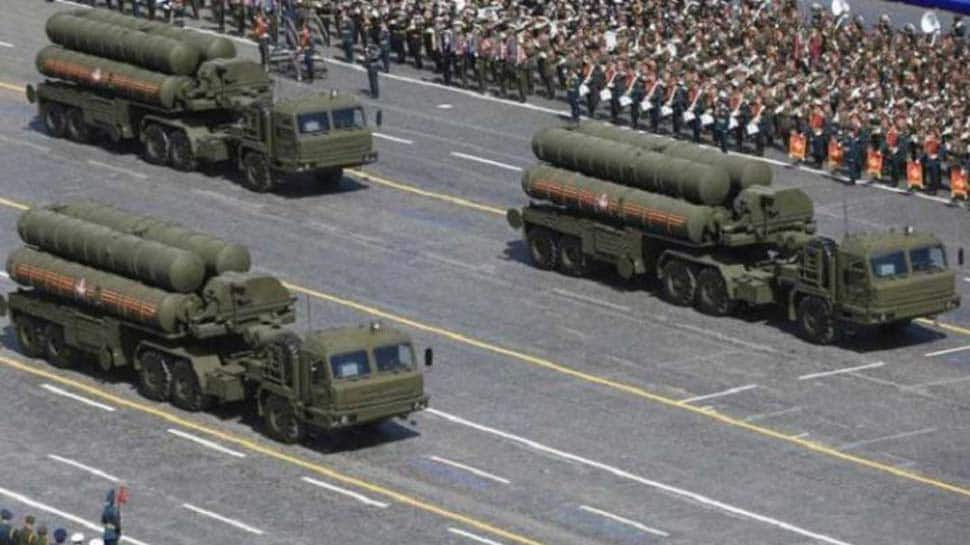The United States on Monday (December 15) imposed sanctions on Turkey for acquiring S-400 air defence systems from Russia. It may be recalled that the ground-to-air defenses system was acquired by Turkey from Russia in mid-2019. At that time Turkey had said that the acquisition pose no threat to NATO allies.
India has also inked similar deal with Russia and is set to receive S-400 air defence system from Moscow in 2021. The sanctions imposed by the US on Turkey has made India cautious and New Delhi is closely monitoring the decision taken by US administration. Notably, outgoing President Donald Trump has given a waiver to India and it remains to be seen whether incoming Biden administration would continue with the same. It is likely that Biden would continue with the stand taken by Trump as far as S-400 deal is concerned but it may happen that the new president may change his stand over new deals.
Why does India need S-400 air defence missile system?
The S-400 Triumf is a mobile, surface-to-air missile system (SAM) and it is seen as the world's most dangerous operationally deployed modern long-range SAM (MLR SAM). Experts maintain that S-400 is much better than the US-developed Terminal High Altitude Area Defense system (THAAD).
The system is capable of tracking 100 airborne targets and engage six of them simultaneously.
This advanced air defence system is crucial for India because China is also buying the system. Though China sees acquisition of the S-400 system as a “game changer”, it is not very effective against India.
The acquisition of S-400 system is very important for India to counter attacks in a two-front war.
What is CAATSA?
Countering America’s Adversaries through Sanctions Act (CAATSA) was passed unanimously by the US Congress in 2017. The Act's main objective is to counter Iran, Russia and North Korea through punitive measures.
Section 231 of the Act empowers the US President to impose at least five of the 12 listed sanctions — enumerated in Section 235 of the Act — on persons engaged in a “significant transaction” with Russian defence and intelligence sectors.
CAATSA, if implemented in its stringent form, would badly affect India’s arms procurement from Russia.
Besides the S-400 air defence system, CAATSA can also affect Project 1135.6 frigates and Ka226T helicopters. It will impact joint ventures, like Indo Russian Aviation Ltd, Multi-Role Transport Aircraft Ltd and Brahmos Aerospace.
“We hope that other countries around the world will also take note that the United States will fully implement CAATSA Section 231 sanctions and that they should avoid further acquisitions of Russian equipment, especially those that could trigger sections,” Assistant Secretary for International Security and Nonproliferation Christopher Ford said after announcing the sanctions against Turkey.
It may be recalled that in 2018, India had inked a deal worth USD 5.43 billion for five units of the S-400 anti-missile system from Russia. The Indian government had decided to finalise the deal despite objections from the US.
US has repeatedly warned India against buying arms from Russia, while threatening to impose anctions under CAATSA and the incentive of an alternative anti-missile system.
It seems that the policy under President-Elect Joe Biden on countries buying arms may not change much because several Democrat leaders support CAATSA.
















